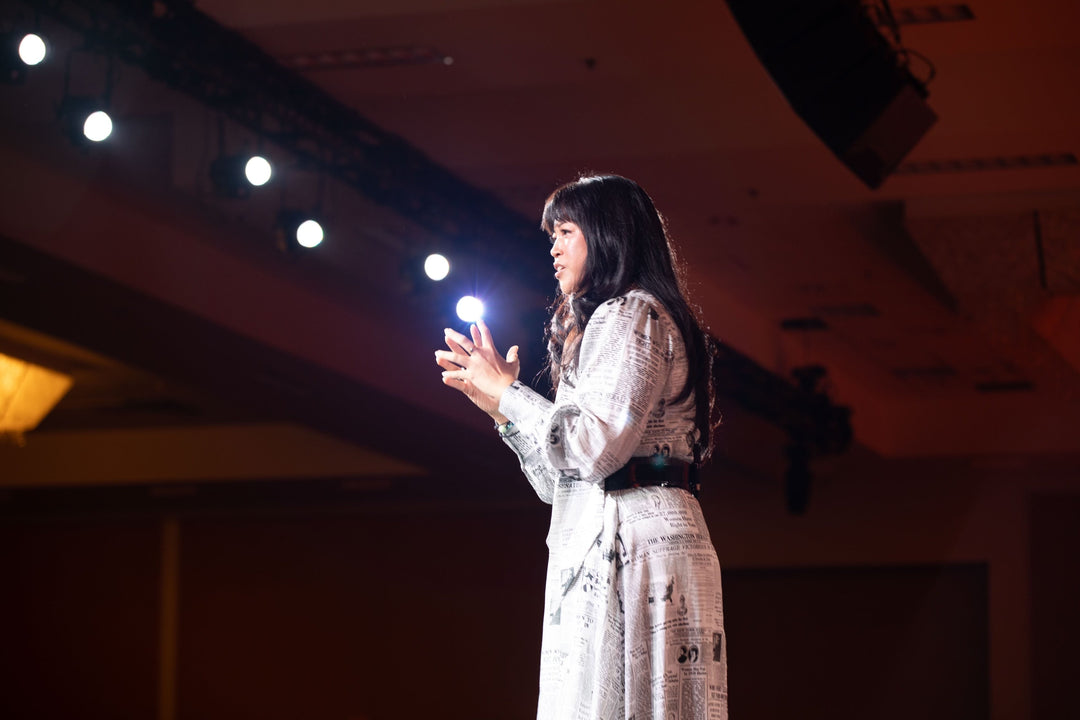|
The vocabulary of superpowers helps us see people for who they are, and that is where connection comes in.
Demography is not given to us by choice, and yet historically it has been one of the easiest markers for establishing connection with one another. When we start seeing people for their strengths—whether they’re the same or different from ours—we have the opportunity to celebrate them for what they bring to the table beyond who they are demographically. We see people not in our own image, but in their image. Here are some ways to think about connection:
-
Eliminating unhealthy comparisons: Let’s use this language to finally see ourselves and others for their strengths, not to look at people with envy. My friend Vanessa has twin daughters in their twenties. Both have the double whammy of being smart and beautiful, inside and out. When one of the twins was getting married, the other one was single and was frustrated by it. After Vanessa told me what Phoebe was going through, I told her, “You know what? She needs to be Lady Edith and not Lady Mary,” referring to the often-dueling sisters of the television show Downton Abbey. “Lady Edith spent four seasons comparing herself to Mary. At some point, she said, ‘Screw it, I had a kid out of wedlock, I’ve already lost the respect of my family, I am just going to live my life.’ And she jumped into the next phase of her life as a working woman leading a newspaper, secured her own apartment in London, and was unapologetic for her life choices. Guess what—she ends up having the happiest ending of all.” It was when she stopped trying to compare herself to Mary and embraced her unique strengths that she became one of my favorite characters. Similarly, with Vanessa’s help, Phoebe was able take stock of all the incredible things going on in her life, and no longer felt compelled to match her twin sister’s milestones.
-
Passionate curiosity: One of my most important mentors, Andrew, is a British man whose upbringing was quite different from mine; we have no demography in common. When we first met, his first question in getting to know me wasn’t about where I was from or where I went to school (he could look up my entire CV in the HR system), it was: “Tell me a story about your childhood. Something you’re really proud of.” I shared a story about working in my parents’ restaurant and how I learned what it takes to build something from nothing. In that moment, he gained real insight into my values, how to best promote me in my career. When we are passionately curious, we can be better equipped to help each other rise.
Validating each other: Once we understand another’s superpowers, we can make sure they feel seen and valued for what makes them tick. A sibling whose dominant trait is Performing? You’ll see that they need an audience and perhaps you let them have the floor a little bit longer. We each respect and value the strengths the other person brings to the table. Next, we can figure out how our confidence language interacts with theirs. When we understand how we overlap and diverge, we can create space for openness, transparency, and engagement.
We can connect with those around us like never before and stop unfairly comparing ourselves to others. Because this is what truly confident people do.
|






